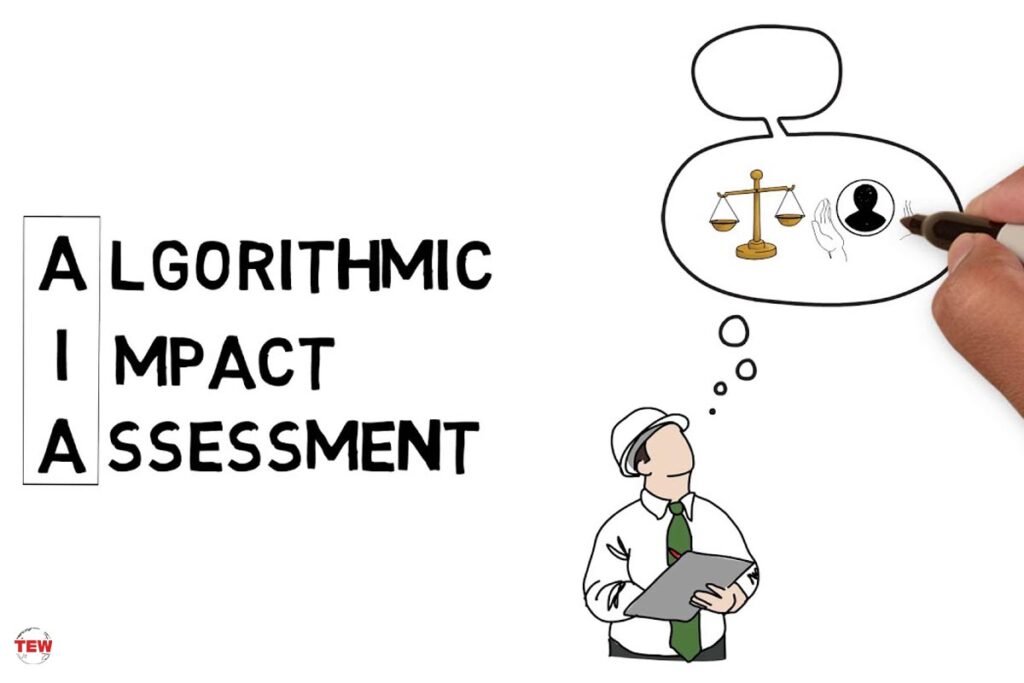Two of the key essentials that you need to consider when using AI for your business are Data Protection Impact Assessments (DPIAs) and Algorithm Impact Assessments (AIAs). As part of putting forward explainable AI benefits to ensure transparency and simplicity for data subjects, they are a crucial part of any organization planning process where Artificial intelligence is to be used.
Although both DPIAs and Artificial intelligence As concern with the assessment of a project and the impact and risks they pose, they are unique in what they tackle and how they approach the issues at hand. DPIAs look at privacy and data protection risks that are posed to individuals, whilst AIAs are more holistic, looking at wider society and the impact that AI systems can have in a wider context.
Artificial intelligence As are also only to be used in situations where AI systems need to be assessed, whilst DPIAs are used to assess a wider range of project types and data protection rights and potential risks. There are certain circumstances where a DPIA is a legal requirement in the UK.
Here Are The 2 Essentials Essentials to Consider When Using Artificial intelligence For Your Business ;
What is a DPIA?
Data Protection Impact Assessments (DPIAs) are an essential consideration for data controllers in the UK. If a processing activity is likely to result in a potential high risk to the data subjects, a DPIA must be conducted. There are a wide range of circumstances where this would apply, and the use of Artificial intelligence is a circumstance where a DPIA would be triggered.
DPIAs are an essential consideration for data controllers as they assist in identifying the risks to privacy rights and data protection, highlighting key issues, and providing the foundation from which risks can be minimized and accountability held.
A DPIA must always be carried out prior to any process or project taking place. In essence they will describe the nature of data collection to come, the scope and context, along with the purpose of collection. Within the assessment there will be an analysis of the necessity of the data collection and from there assess the potential risks to the individual data subjects, as well as any measures that will limit those risks.
With the impact of Artificial intelligence a DPIA must make clear how the AI system will process personal data and for what purposes, covering the distinct processes of collection, use, storage, volume and sensitivity of data, and the intended outcomes for the individuals, wider society, and data controller.
What is an AlA?
An algorithm impact assessment (AIA) is a specific type of risk assessment that is specifically required to evaluate the use of Artificial intelligence systems and algorithms and how potential risks within those systems can be addressed. The assessment considers any potential negative effects of such systems on individuals, the wider context, and how they could impact wider society if left without regulation and risk assessment.
An AIA take a bigger picture approach to looking at an Artificial intelligence system, how they could impact a wider portion of society than just a single individual, which is primarily what a DPIA looks at. It is not always completely obvious to a data subject how AIA systems work, so there is a question to be asked about whether or not AIAs should be made available to users as well as organizations, especially when it comes to how data is processed.

There is no legal requirement for data controllers of Artificial intelligence to conduct Artificial intelligence As in the same way that DPIAs are required, but there are some countries where this is a requirement. AIAs are designed to improve the behavior of an organization and to improve its responsibility to look after data and remove discriminatory bias from automated decision making.
Wherever there are large data sets of personal, sensitive information, an AIA should be employed. True accountability is important within any organization, especially as we move into an era of AI use.
As the UK attempts to become a hub of AI innovation over the coming years it is clear that there must be transparency and tight regulations to ensure fairness of decision-making and protection of data rights for individuals. Impact assessments such as DPIAs and
Artificial intelligence As are an invaluable part of that process. As the use of AI increases and technology improves, AI explainability and the responsibility of organizations to protect data rights must improve with it.
Implementing clear DPIAs and AIAs at every stage of a project where Artificial intelligence systems are to be used is a vital component of any organization’s plan.
Artificial intelligence explainability must be prioritized to ensure that data subjects have a simple, clear understanding of why their data is being collected, how it is to be processed, and for any changes that are to take place within the collection of that data in the near future.





